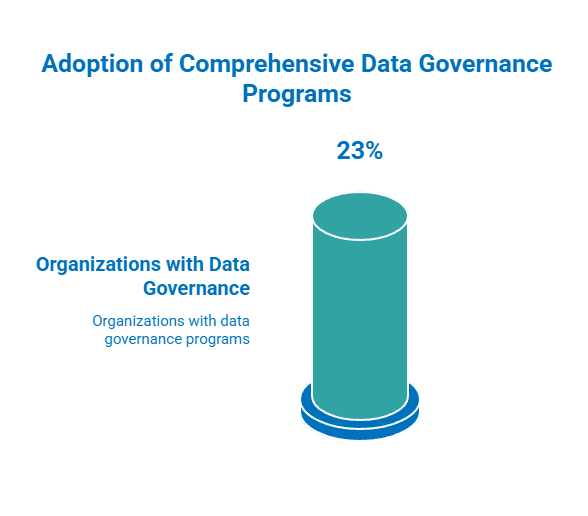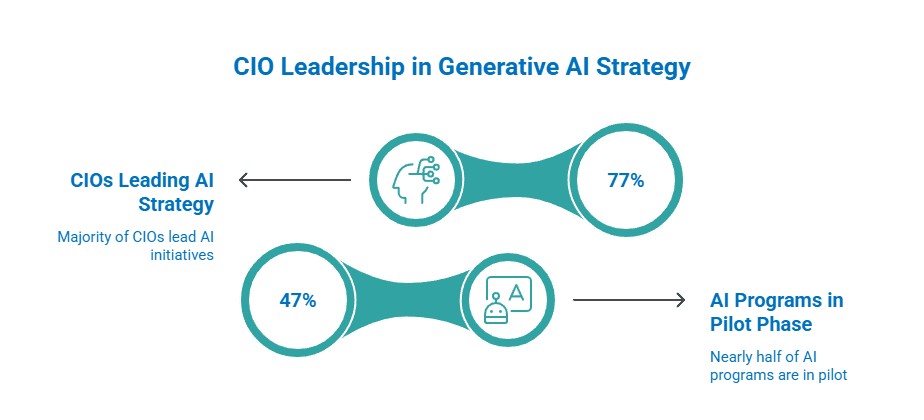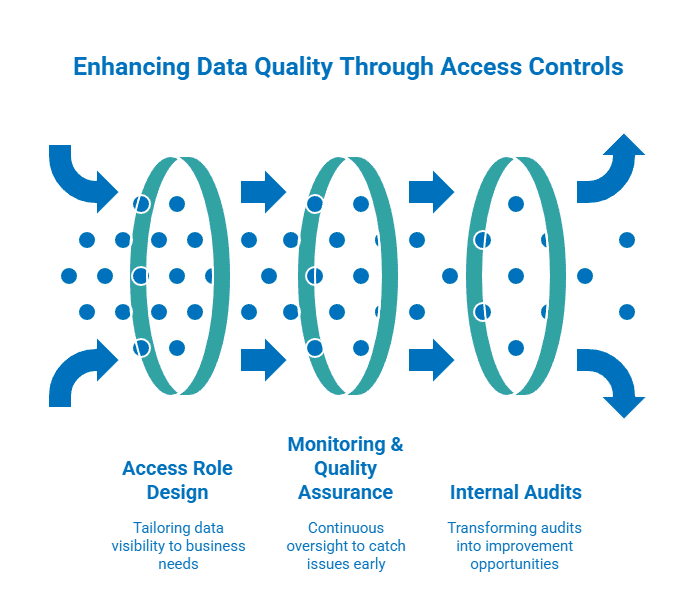We’ve all heard the hype. Artificial intelligence is transforming everything – from customer service and logistics to hiring and fraud detection. As early as 2017, The Economist argued that data, rather than oil, had become the world’s most valuable resource. But beneath the buzz lies a truth that’s both technical and deeply human: AI is only as good as the data it’s trained on. And much of that data isn’t very good.
Need proof? Consider the AI recruitment tool that downgraded résumés if they mentioned “women’s chess club.” Or the image classifier that mistook a turtle for a rifle because it was trained on messy, unlabelled data.
And then there was the time McDonalds trialled using AI to take drive-thru orders. Social media posts of frustrated customers went viral, including one Tiktok post where the customers were begging the AI to stop as it continued adding Chicken McNuggets until the order totalled 260 of them!
These aren’t just bugs. They’re signs that something’s wrong upstream. And in many cases, the root cause is the same: poor data quality.
So, if we want trustworthy AI, we need to shift the conversation. Compliance alone won’t get us there. The real goal is governance for quality – where the data is not just secure, but structured, classified, and understood. And to make that happen, we need to think differently about who owns the data, how it’s managed, and how we support the people behind it.
The Unsung Heroes of AI Readiness: Line-of-Business Teams
Here’s where we flip the script: IT and compliance teams can’t do this alone. The champions of data quality aren’t necessarily in the security department – they’re in the business units.
Line-of-Business (LoB) teams are the ones creating and using critical data every day. They understand how a mislabelled invoice throws off the entire supply chain, or how a missing value in a customer record can send an automated email to the wrong person. Their insight is vital – but only if they’re equipped and empowered to act on it.
This is where many organisations hit a wall. LoB teams might want to do the right thing, but they lack the tools and structure to make data quality part of their day-to-day work. The result? Well-meaning people trying to enforce governance using spreadsheets and goodwill – and that’s just not sustainable.
If we want AI-ready data, we need to give the right people the right support. That starts with awareness – understanding why data quality matters, and how their decisions ripple across the value chain. Then comes clarity: What data am I responsible for? How does it flow through my finance or logistics process? Is it classified correctly? Who else touches it? This kind of day-to-day accountability is what turns awareness into action – and that’s what we’ll be exploring in more depth next month so make sure you check back with us in June.
Good governance doesn’t come from top-down rules alone. It happens when people at every level can see the impact of their data decisions – and have the tools to get it right.
And the need is urgent: according to McKinsey, only 23% of organisations have adopted a comprehensive data governance program. Meanwhile, EY reports that 77% of CIOs now lead generative AI strategy, but nearly half of those programs remain stuck in pilot phase – often due to a lack of data readiness.


From Manual Control to Smart Monitoring: How Tools Make the Difference
Let’s face it, nobody has time to chase down data issues manually. If we want to build lasting data quality, we need systems that support it continuously, not just during audits or project launches.
This is where access governance tools come in. At wikima4, we use a suite called Mesaforte to automate and monitor data access controls across business systems like ERP. But while security is the obvious benefit, the knock-on effect is just as important: these tools help improve data quality too.
Here’s how it works:
- Access Role Design: Business units only see the data they need – no more, no less. That reduces noise, errors, and accidental misuse.
- Monitoring & Quality Assurance: Continuous monitoring means issues are caught early, not six months later in an audit.
- Internal Audits: With proper tooling, audits shift from painful checklists to real opportunities for improvement.
If you read our recent post, Empowering Security in ERP: How Wikima4 Training Strengthens Roles and Responsibilities, the fifth item in our ‘Six Steps to DAGS (Data Access Governance and Security) Success’ is about this exact thing: moving from reactive fixes to proactive quality assurance. It’s not glamorous, but it’s powerful – and necessary if we want to be able to trust our AI decisions.
According to NASCIO’s 2024 CIO Survey, 86% of public sector CIOs see data maturity – including quality, access, and ownership – as the critical barrier to AI adoption. Tools that help close these gaps aren’t just “nice to have” anymore. They’re essential.

Wikima4’s Approach: A Roadmap for Smarter Governance
So how do you actually get there? At wikima4, we work with organisations to build realistic, effective paths toward data governance maturity, regardless of where those organisations are starting from. Here’s how it works:
- Identify the Gaps. We begin with a snapshot assessment. No pressure, just a clear view of how things stand: where are the weak spots, what’s at risk, and what’s already working well?
- Look for Quick Wins. There are always some. Automating routine controls, clarifying access roles, or tightening audit trails can cut GRC costs fast and make life easier for the business.
- Build a Roadmap. Working with the Line-of-Business teams, we co-design a plan with real milestones. This isn’t a top-down decree – it’s a collaborative process that builds trust and accountability from the ground up.
Over time, that roadmap leads to more than just compliance. It creates a culture where data quality is part of daily operations. Where AI systems can make decisions based on clean, well-governed data. And where the people using that data, every day, feel supported, not sidelined.
The Benefits: Why Our Clients Choose wikima4
At the end of the day, governance isn’t just about avoiding fines or ticking boxes. It’s about confidence – in your systems, your processes, and the decisions you’re making based on your data.
Here’s what our clients tell us they gain:
- Lower GRC Costs: Automating access governance doesn’t just reduce risk; it reduces overhead costs.
- Smarter Security: Access controls align with real business needs, not outdated assumptions.
- AI-Readiness: Better data leads to better outcomes. It’s that simple.
And there’s a growing recognition that it matters: McKinsey’s 2024 AI report found that 65% of high-performing organisations have formal AI governance policies in place, compared to just 24% in other performance categories. The message is clear – good governance isn’t a barrier to innovation; it’s the very foundation of it.
Whether you’re just starting to think about data governance, or you’re ready to take your system to the next level, we’re here to help. Because while AI might be the future, good data is how we get there – and it starts with the people who know your business best, supported by clear accountability and smarter systems.

